Four Iwacu reporters who were sent to cover the attack that occurred in Musigati commune of Bubanza Province on October 22, 2019 could not do their job. They were arrested by the police. The reason was that the area was dangerous. To their great surprise, they found themselves in the police dungeon.
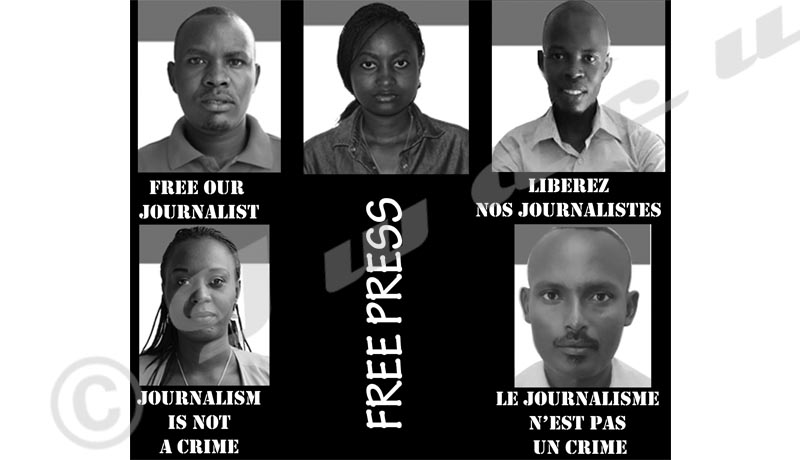
Iwacu news reporters detained in Bubanza communal dungeon
At 8 o’clock, it’s time for the morning editorial conference. The journalists are busy looking at their smartphones. On WhatsApp, Facebook, Twitter and other social media, messages fall every minute.
Audio messages speak about an “attack by rebels from Rukoko forest.” This group of armed men is reported in Mpanda, Gihanga in Mitakataka area and Musigati. The messages speak of tens of inhabitants who were abducted in those localities.
Some people say they heard shootings in Muyange locality in the commune of Musigati. The police, supported by the Imbonerakure-youth wing of the ruling party CNDD-FDD pursue them. While some people are fleeing these fights, there are also calls for calm, stating that the situation is under control.
“There are too many rumors. We have to check on the ground, “says Léandre Sikuyavuga, Iwacu newspaper Chief Editor. It is approved by all the editorial staff. “Christine Kamikazi from the web radio service, Agnès Ndirubusa, a political journalist, Egide Harerimana from the online English service and Térence Mpozenzi, the photographer voluntarily propose to go to the field . Adolphe Masabarakiza is the driver of the day. At 11:30 A.M., the team goes to Musigati.
The journalists get arrested unceremoniously
In Bubanza, they try the first interview with the province governor, but they learn that he is in Bujumbura. The team decides to go to Musigati. There, a crowd of visibly distraught population near the chief town attracts their attention. They stop, ask some questions to these people and take some photos… They do not realize that they are already surrounded by some young people. A few minutes later, the police stormed on motorcycles.
The journalists are immediately ordered to stop taking pictures or record anyone. Their material including their phones get quickly confiscated. They do not attempt to resist.
They however try to ask a few questions. Christine Kamikazi is violently slapped. Her left cheek still bears the marks of this blow.
The senior police officer in charge of operations in Bubanza province orders the journalists to get on the motorbike being two plus a policeman behind. They are four on each motorcycle. Other police officers take seats in the vehicle that brought the arrested journalists.
These two motorcycles weave in and out to avoid potholes with turn signals on. The motorbikes go straight to the police station in Bubanza. After a report about their confiscated material was drafted, they are thrown into jail without any other form of trial.
Ironically, the chief of operations will tell them that ”it is to protect them against the danger ”. The journalists and their driver were unaware that they would spend the night on the ground at the police station.
“On the second day, no charge against them but they are not released”
After the interrogation conducted on Wednesday, October 23 by the Investigation police officer at the police station in Bubanza, the Iwacu journalists’ lawyer Lambert Nsabimana, reveals there is no complaint against his clients who are Christine Kamikazi, Agnès Ndirubusa, Térence Mpozenzi, Egide Harerimana and their driver Adolphe Masabarakiza.
But the next and legitimate question is why these journalists are kept in prison.
And here begins the story of two missing mobile phones: Christine Kamikazi’s Samsung and Egide Harerimana’s Tecno. And yet, they are part of the equipment confiscated by the police chief of operations in Bubanza region, who is responsible for the arrest of these journalists in Musigati.
“You see, you cannot go home without your phones. You have to wait for them to be found,” says one of the investigation police officers unconvincingly after spending hours asking questions about the motives that pushed the journalists to come to Bubanza.
He will later on mention another reason for prolonging their detention: “As far as we are concerned, everything is over. We have done our job, the reports were finished, but we are waiting for a decision from above”. The answer was clear.
After these words, all the hope for their release in the afternoon of this Wednesday fades. The Editor in chief who had gone to Bubanza to follow this case closely in the hope of returning with his journalists lowers his head. He breathes deeply and remains pensive.
Léandre Sikuyavuga is flabbergasted. He says he does not understand why his journalists are not released while no charge is held against them.
The story of phones
When one of the Investigation police officer spoke of “missing phones”, which were handed over to the police chief of operations in Bubanza province, the Iwacu team will quickly understand that this is an excuse to transmit them to other technically equipped or specialized services so they should be unlocked to trace exchanged messages, emails, see the incoming and outgoing calls, check the telephone directory probably to know with whom these journalists communicate.
Sources on the ground say that one SNR (National Intelligence Service) officer and another one identified as the agent of the Agency for the regulation and control of Telecommunication (ARCT) are in the area to handle these phones. This Intelligence agent is also in charge of asking these reporters the passwords for their devices and they give them.
“We do not know until when we will keep waiting” say a team of Iwacu journalists who went to Bubanza this Thursday to pay a visit to their imprisoned colleagues.
At the police station, nothing seems to move on the side of the Investigation police officers, who claimed that no charge was brought against these journalists the day before.
A Thursday of shattered hopes
On Thursday evening, everyone fears that the four journalists and their driver would spend another night at the police station in Bubanza. As for Lawyer Lambert Nsabimana, these journalists should normally be released.
The calls by some members of CNIDH (The National Independent Commission on Human Rights) to inquire about the situation of these journalists comfort the Iwacu newspaper editorial staff. Iwacu had officially contacted CNIDH and the National Media Regulator-CNC for a intervention.
This Thursday, a delegation of the International Committee of the Red Cross-CICR made a trip to Bubanza to visit these jailed journalists.
CICR took the opportunity to talk to some authorities, including the governor of Bubanza Province.
On the side of Iwacu’s delegates in Bubanza, the hopes they had in the morning gradually give way to despair. It’s time for unanswered questions: “Why are these four journalists still detained while there is no charge against them? What does this SNR agent hope to find in confiscated phones? Who is this official “from above” who has to give the order for these journalists to be released? What is the reason for the arrest of these journalists? From whom emanated the order. What did they want to hide from journalists? ” So many questions remain unanswered.
On Thursday, late in the evening, the team sent by Iwacu newspaper realized that their colleagues are inevitably going to spend another night in prison.
They decide to return to Bujumbura in time, to avoid other bad surprises. The Iwacu team goes back to announce to the rest of the editorial staff the news of a third night in jail for the four reporters and their driver.
Reactions
RSF calls for the release of Iwacu journalists
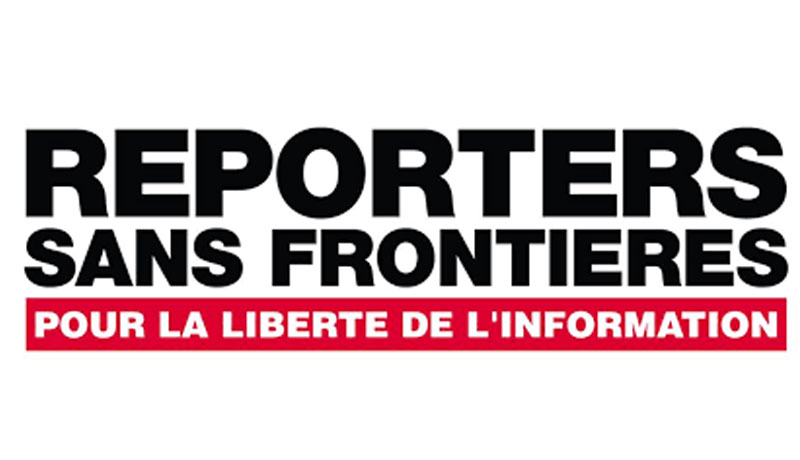 Reporters without Borders (RSF) condemns the arrest of the four journalists and their driver and asks the Burundian authorities to release them immediately. “These journalists were just doing their job by going to verify reports of armed clashes,” says Arnaud Froger, head of RSF’s Africa Desk.
Reporters without Borders (RSF) condemns the arrest of the four journalists and their driver and asks the Burundian authorities to release them immediately. “These journalists were just doing their job by going to verify reports of armed clashes,” says Arnaud Froger, head of RSF’s Africa Desk.
For him, it is an arbitrary detention. “We urge the authorities to free the journalists without delay, to return their equipment and to not associate those making the news with those who just cover it”
Tatien Sibomana : ” The press freedom is not respected”
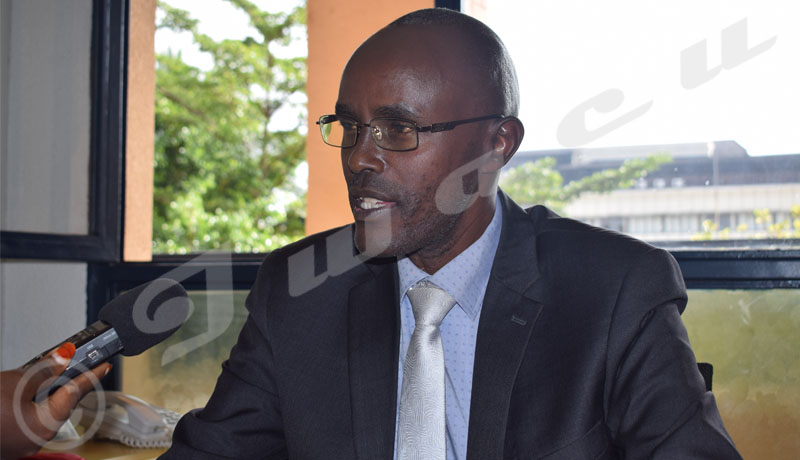 “The imprisonment of these journalists shocked us so much. Because, they were doing their job, a profession which is recognized by the law, starting with the Constitution and the law on the press as well,” says Tatien Sibomana, a politician. He adds that Burundians have the right to information. “This shows that the freedom of the press is not respected and guaranteed in our country.”
“The imprisonment of these journalists shocked us so much. Because, they were doing their job, a profession which is recognized by the law, starting with the Constitution and the law on the press as well,” says Tatien Sibomana, a politician. He adds that Burundians have the right to information. “This shows that the freedom of the press is not respected and guaranteed in our country.”
As the police spokesman spoke about the bandits, Mr. Sibomana wonders if it is an offense when a journalist goes to see the damage caused by bandits. “What law did they violate?” he wonders. For him, this shows that the work of journalists will not be easy in 2020.
Caption: Tatien Sibomana
Abdul Kassim: ” An arbitrary arrest”
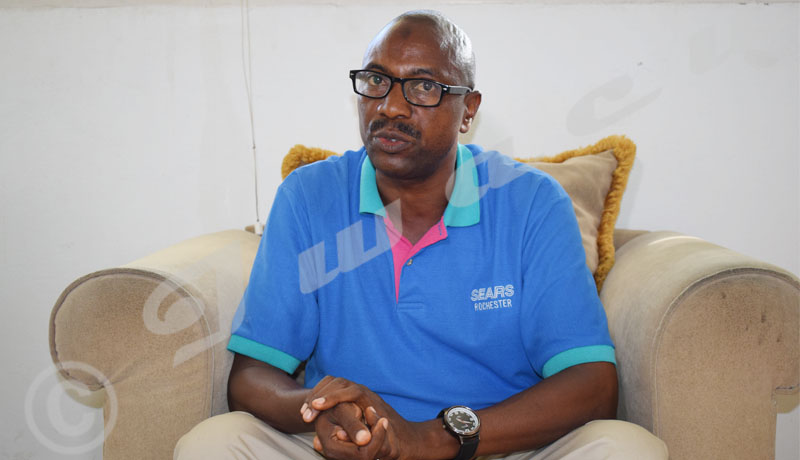 On the side of UPD-Zigamibanga party, its president believes that Iwacu journalists have been victim of an arbitrary arrest: “They did not break any law by doing their work (gathering information). In addition, the freedom to inform is guaranteed by our Constitution. “For him, justice has no reason to keep these media professionals in detention.
On the side of UPD-Zigamibanga party, its president believes that Iwacu journalists have been victim of an arbitrary arrest: “They did not break any law by doing their work (gathering information). In addition, the freedom to inform is guaranteed by our Constitution. “For him, justice has no reason to keep these media professionals in detention.
Caption: Abdul Kassim
CPJ: “The police should not hinder the work of journalists”
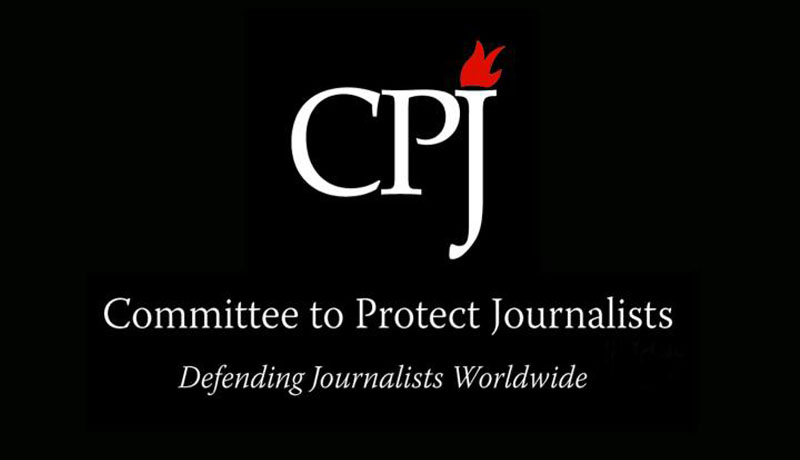 For the Committee to Protect Journalists (CPJ), the Burundian authorities should unconditionally release the four journalists and their driver.
For the Committee to Protect Journalists (CPJ), the Burundian authorities should unconditionally release the four journalists and their driver.
“A journalist has the duty to cover an unrest and the security staff must protect and facilitate their work instead of preventing it,” said Muthoki Mumo, CPJ’s representative for the sub-Saharan Africa.
For this organization defending the rights of journalists, the police should ensure that the press is allowed to report what is happening in Bubanza without interference.
Police: “Investigations are in under way”
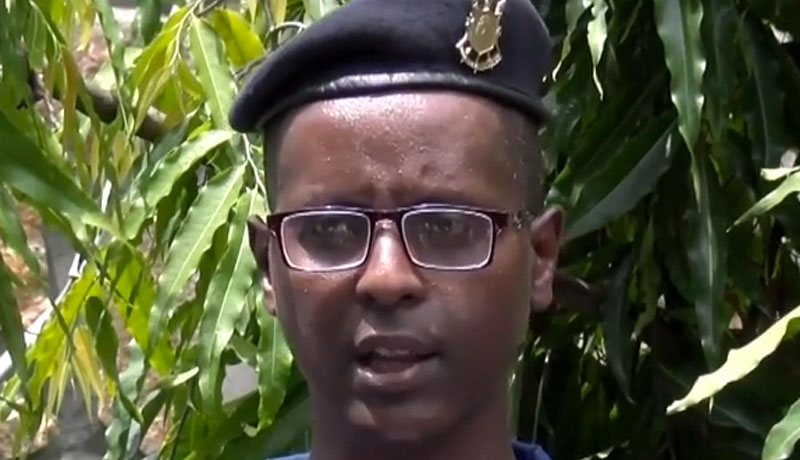 In a press briefing on Thursday, 24 October, the deputy spokesman for the Ministry of Public Security, Moïse Nkurunziza did not specify the charges against the incarcerated Iwacu journalists.
In a press briefing on Thursday, 24 October, the deputy spokesman for the Ministry of Public Security, Moïse Nkurunziza did not specify the charges against the incarcerated Iwacu journalists.
He refers to the discretion of preliminary inquiries. “Investigations are being conducted and you are well aware that such preliminary judicial investigations are being done discreetly. Let’s wait until the end of the investigations. At the appropriate moment, if the facts which are reproached to them are not proven, they will be released and if not, they will be transferred to the authorized authorities; the Director of Public Prosecutions and Justice”.
Human Rights Watch: “These journalists should be released”
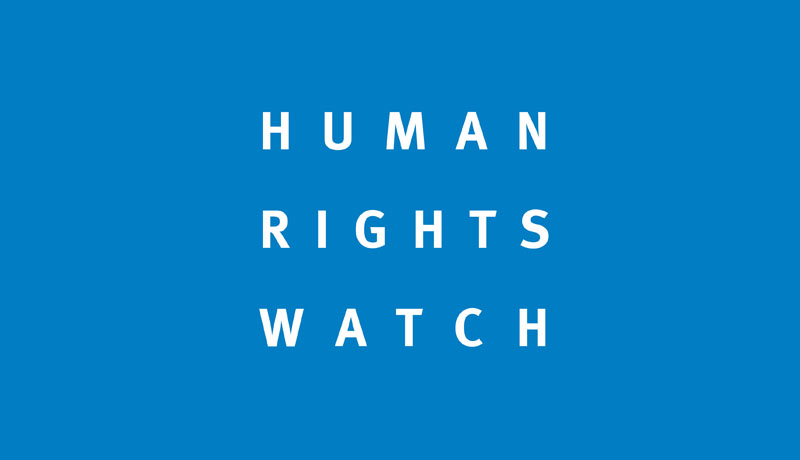 In a statement released on Wednesday, October 23, Human Rights Watch states that it is concerned about the situation of press freedom prevailing in Burundi.” The authorities should immediately and unconditionally release four journalists and their driver arrested on October 22, 2019 while they were on a reporting trip to Bubanza Province.”
In a statement released on Wednesday, October 23, Human Rights Watch states that it is concerned about the situation of press freedom prevailing in Burundi.” The authorities should immediately and unconditionally release four journalists and their driver arrested on October 22, 2019 while they were on a reporting trip to Bubanza Province.”
For HRW, “Journalists play a vital role shedding light on incidents of public interest and should not be prosecuted for legitimate work,” said Lewis Mudge, Central Africa director at Human Rights Watch.
Story originally written by Abbas Mbazumutima, Rénovat Ndabashinze,
Jérémie Misago and Alphonse Yikeze.
Translated into English by Pierre Emmanuel Ngendakumana


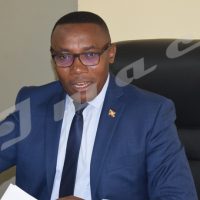
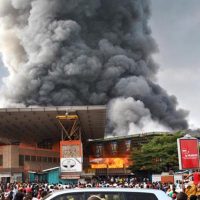
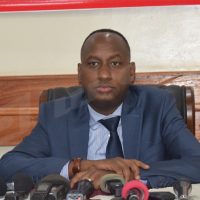














 IWACU Open Data
IWACU Open Data

